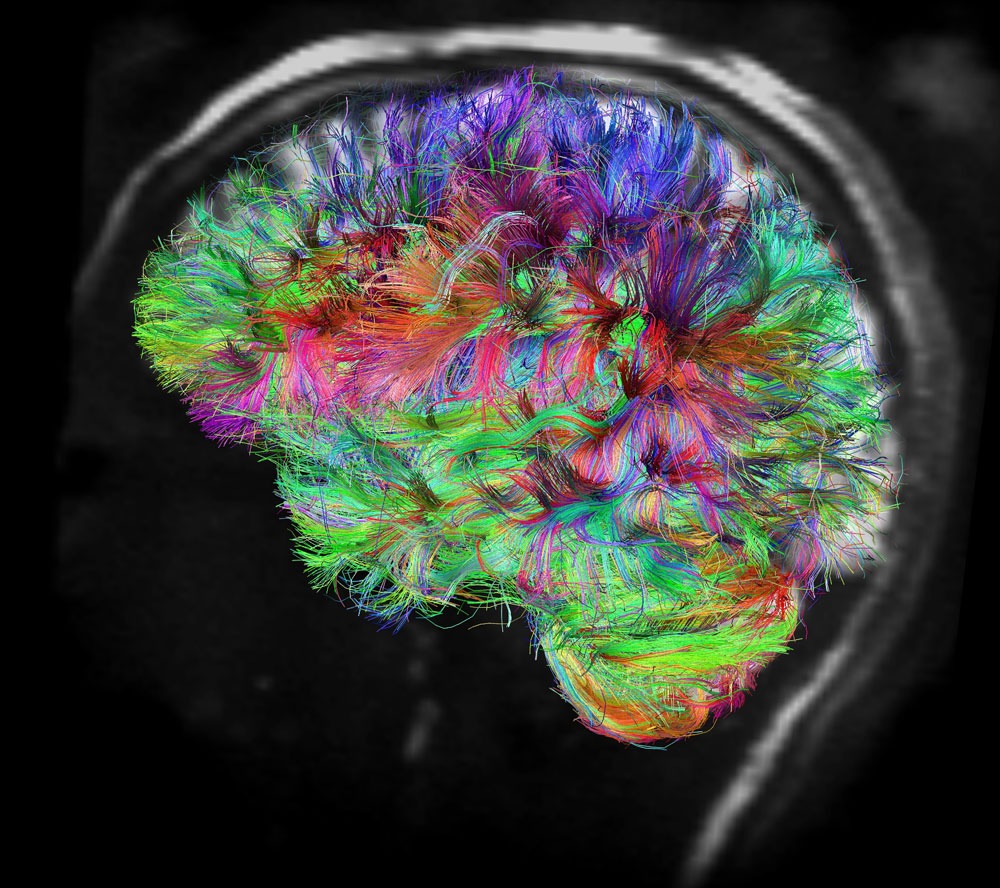Posts Tagged ‘transfer’
Study: For cognitive training to work, it must induce neuroplasticity in brain regions that matter
Over the last several years, cognitive training has received large amounts of public interest and support because reliably improving cognitive performance would have wide reaching applications in clinical populations, older adults, and the public at large. For example, cognitive training could
Read MoreCognitive Ability: Brain Games or Drugs?
A recent scientific study is being welcomed as a landmark that shows how fluid intelligence can be improved through training. I interviewed one of the researchers recently (Can Intelligence Be Trained? Martin Buschkuehl shows how), and contributor Dr. Pascale Michelon adds her own take with the great article that follows. Enjoy! Reference: Jaeggi, S. M., Buschkuehl,…
Read MoreAttention deficits: drugs, therapy, cognitive training
Shelley launched a good discussion on The Neuroscience of ADHD in her blog, discussing the situation and providing a technical overview of drug-based interventions. Something I hadn’t heard is that “For example, babies born prematurely face a significantly greater risk of developing ADHD than full-term babies (socioeconomic status was controlled for).” Which helps me better…
Read More
